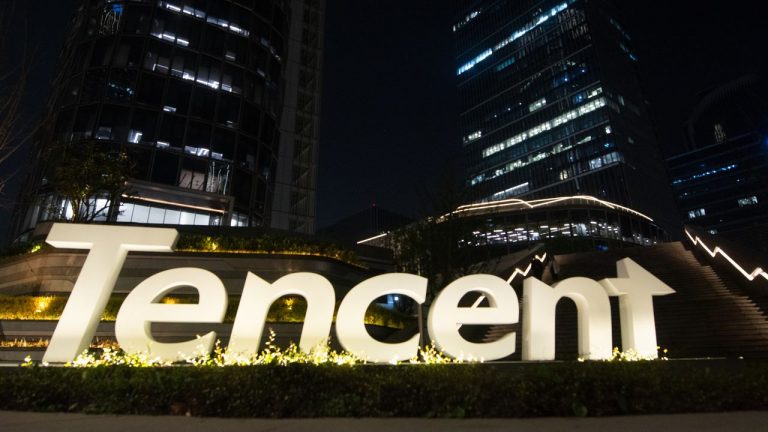And lo on the 23rd day of the seventh month of the year of our Zuck, verily did Meta release a new open source AI model, all 405 billion parameter’s worth. Known as Llama 3.1, it is apparently the largest such open source model yet and so Meta’s main man Mark Zuckerberg has taken to various YouTube channels to promote its technological and social munificence. Oh, and to speculate on a future of AI that’s predictably icky, plus complain about his competitors, mainly Apple.
Speaking to Youtube channels Rowan Cheung and Bloomberg Originals, yesterday, El Zuck explained that Llama 3.1 is, “by far the most sophisticated open model that anyone has put out. It’s competitive with some of the leading closed models and in some areas is even ahead.”
Zuckerberg also emphasised how important he sees the open-source character of Llama 3.1, in contrast to closed-source models like ChatGPT. “Open source is a really important ingredient to having a positive AI future,” quoth Zuckerberg, explaining that, “open source is an important part of how we make sure this benefits everyone and isn’t something that’s locked into a handful of big companies.”
You mean, a bit like how social media is locked into a handful of big companies? Indeed, Zuckerberg’s concerns regarding closed-source AI are more than a little redolent of broader reservations around dominant social media platforms.
“It’s a little bit soul crushing,” he says of competing with Apple on AI, “when you build features that you believe are good for your community, and then you’re told that you can’t ship them because some company wants to put you in a box so that they can better compete with you.
“My concern for AI at this point isn’t actually Apple. It’s other companies and how that would evolve. I’m not even saying that they’re bad people, it’s just a physics and incentive structure to the system.”
Uh huh. Does that not remind Zuckerberg of, oh I don’t know, the physics and incentive structures around social media platforms that might push them to pritoritize user engagement and revenues over mental health or social and political stability? If it does, he certainly betrays few signs of any sense of irony.
Zuckerberg also provides some insights in the interviews regarding his vision of the social impact of AI. Asked if the future of social media might involve AI-generated influencers, AI-generated social media comments, perhaps even AI-generated comments on AI-generated social media posts, the first AI-generated social network as it were, the Zuck says, “yeah, I think we’ll have all of it, I think that will be part of this,” before going on to explain that, “one of the most interesting use cases that people have for Meta AI today, it’s in the top four use cases, is role playing difficult social interactions that they’re going to have.”
(Image credit: Future)
Best gaming PC: The top pre-built machines.
Best gaming laptop: Great devices for mobile gaming.
Zuckerberg says that working out how to ask for a raise or role playing a difficult conversation with a girlfriend are examples of how people might use that feature. All rather intriguing and not a little unnerving.
Of course, there’s arguably a further fundamental irony here in someone who has such a commanding and influential role in shaping social media, but who among leading public figures isn’t necessarily the obvious pick as having the most natural and instinctive feel for the complexities and nuances of social interactions, as opposed to more straightforwardly technological matters.
Put another way, that Zuckerberg doesn’t seem to immediately sense how unsettling the prospect of social media being populated by AI bots might be or that the notion we humans might increasingly take cues from machines on how to manage tricky and emotive personal interactions is inherently problematic does rather feed into his public image as an alien operator in a world of humans he doesn’t understand.
If you find social settings awkward, why wouldn’t you use a chatbot to help you speak to people?
If that sounds like an unempathetic criticism of Zuckerberg, it’s not meant to be. But it’s got to be legitimate to ponder the implications of a figure like Zuckerberg wielding such influence over spheres of human life that he just doesn’t seem to fully register.












